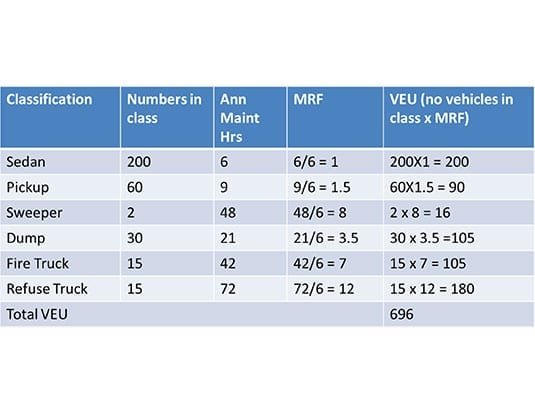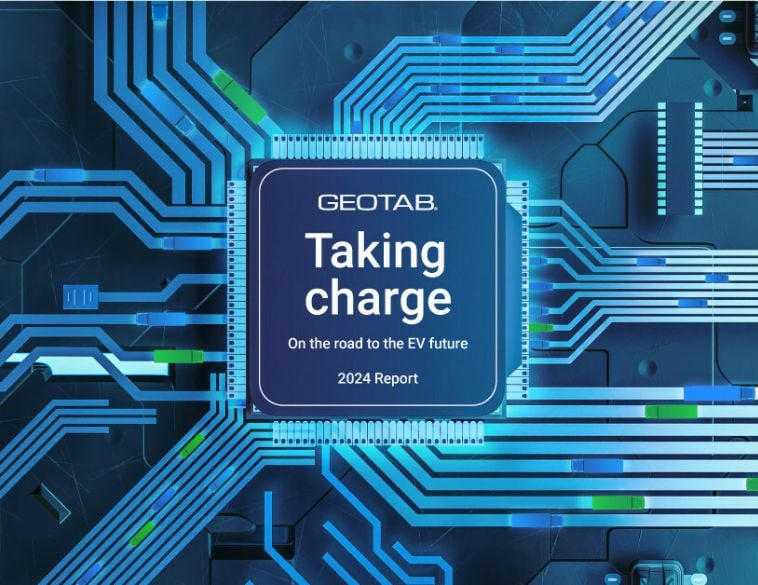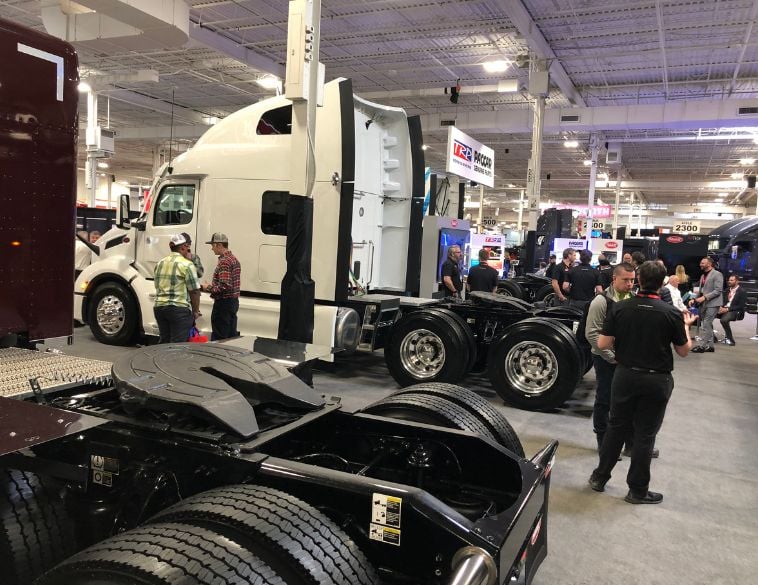It’s going to take time to lay the groundwork for a world where vehicles drive themselves.
There’s something about the notion of a connected car that reminds Paul Wingate of anti-lock brakes (ABS). “When ABS came along, it was touted as the latest and greatest safety feature,” says Wingate, Senior Strategic Consultant at Element Fleet Management. “But people couldn’t wrap their heads around it. I visited different education sessions to explain what it was about, why it was beneficial, and how to use it.”
When drivers pushed down on the brakes in an ABS equipped vehicle, the brake pedal would vibrate violently. “People would be alarmed and take their foot off the brake,” he recalls. “That’s exactly what you didn’t want.”
That’s also the case with autonomous vehicles–many are excited about the concept, although it’s hard to wrap their head around it. “Then there’s the aspect of training, and how it’s going to affect fleet policy,” says Wingate.
Insurers have to catch up
It’s not just society but also the insurers who have to catch up, says Lou Vella, Assistant Manager, Product Development at ARI. “Insurance companies are developing different models, but the question is, who will be liable? The owner? The driver? Who’s updating the software? Everyone asks the question, but no one has the answer.” Vella suspects the model may already be there, based on how insurers currently deal with their assets. “The insurance companies will make money based on what they’ll do with telematics data,” he says.
The connected vehicle will likely create work of a different type for a fleet manager. “Even now, vehicles are telling the fleet manager when things are beginning to go wrong,” Vella notes. “It helps them take proactive actions. The future of that information may allow fleet managers to be more predictive with maintenance.”
The sensing and gathering of information will help us understand what a vehicle is capable of doing, who the drivers are, and what is their skill set–helping the efficiency of dispatching the right people to the right jobs.
He recommends that fleet managers embrace technology. “These things will impact them in the future,” Vella says. “Even if their companies aren’t doing these types of things, from a career perspective, fleet managers should be seeking out training in that area.”
Human resources
When Personal Digital Assistants (PDAs) became mainstream, it changed the way employees work. “Now you’re expected to answer emails on Sunday night at 7:00 p.m.,” says Mike Rusch, President, Jim Pattison Lease. “There might be an expectation that employees can do more while in a car that’s driving itself. That could compel human resources departments to become involved in the fleet side. “There are going to be questions about what’s appropriate and what’s not,” notes Rusch. “The fleet manager could be thrust into discussing HR policies.”
Otherwise, he believes the fleet manager’s job will still have many of the same responsibilities. “They have to review operating costs, life cycles, and so on,” says Rusch. “Hopefully, the data will make his job a little easier because the cars are so connected, you can get more– and better–information.”



